Family & Children Health › The Pregnancy › PGD and Chromosomal Abnormalities
Pre-implantation genetic diagnosis (PGD) refers to genetic profiling of embryos prior to implantation into the uterus, and sometimes even of oocytes prior to fertilization. Procedural implantation of PGD is considered another way to Pre implantation Genetic Testing check for problems in a baby before it is born. Pre implantation genetic diagnosis (PGD), also called Pre implantation Genetic Testing (PGT), is a procedure used prior to implantation to help identify genetic defects within embryos created through in vitro fertilization to prevent certain diseases or disorders from being passed on to the child. Preimplantation genetic diagnosis (PGD) is recommended when couples are at risk of transmitting a known genetic abnormality to their children. Only healthy and normal embryos are transferred into the mother's uterus, thus diminishing the risk of inheriting a genetic abnormality and late pregnancy termination (after positive prenatal diagnosis). PGD thus is an adjunct to assisted reproductive technology, and requires in vitro fertilization (IVF) to obtain oocytes or embryos for evaluation.
Pre-implantation genetic diagnosis is in general recommended for following infertile couples.
1. Women of advanced maternal age (over 35)
2. Recurrent pregnancy loss (more then 3 consecutive spontaneous losses)
3. Couples who have experienced several failed IVF cycles
4. Alternative to amniocentesis and pregnancy termination for chromosomal abnormalities (aneuploidy testing)
5. Cancer disposition (carriers of BRAC genes)
6. Couples where at least one partner is a carrier of a structural chromosomal rearrangement
7. Men with infertility requiring intracytoplasmic sperm injection(ICSI)
8. Risk of having a child with an inherited genetic condition
9. Couples who desire to have a child that would provide a bone marrow match for sibling
10. Couples where at least one partner is a carrier of an X-linked disease but the exact genetic mutation is not known
11. Either partner has a known family history of chromosome rearrangement
12. IVF patients with a poor prognosis
Procedural implantation of Pre-implantation genetic diagnosis.
The procedure of preimplantation genetic diagnosis begins with the normal process of in vitro fertilization(IVF) which includes ovary stimulation with the help of medication,egg retrieval and fertilization of embryo in a laboratory. Over the next three days the embryo will divide into 8 cells. The preimplantation genetic diagnosis involves the following steps:
1. First, a one or two cells are removed from the embryo.
2. Next, DNA is retrieved from the cell and copied through a process known as polymerase chain reaction (PCR).
3. Finally, by molecular analysis, the DNA sequence code is evaluated to determine if the inheritance of a problematic gene is present.
Once the PGD procedure has been performed and embryos free of genetic problems have been identified, implantation will be attempted through embryo transfer, intracytoplasmic sperm injection (ICSI), or zygote intrafallopian transfer (ZIFT). Of the embryo(s) that are not affected by the genetic disorder or chromosomal abnormality, the best quality embryo(s) are selected for transfer to the uterus. If additional unaffected and good–quality embryos are available, they may be cryopreserved for a future embryo transfer.
Many couples benefit with the help of Pre-implantation Genetic Diagnosis. PGD is performed before implantation thus reducing the need for amniocentesis later in pregnancy,it allows the couple to decide if they wish to continue with the pregnancy, enables couples to pursue biological children which might not have been possible and it reduces the cost normally associated with the birth defects.
However many have shown concerns over the use of PGD testing. It is believed that life begins at conception and that the destruction of an embryo is the destruction of a person. In practice, the PGD procedure usually results in a small number of discarded embryos. In some cases, a genetically defective fertilized egg will mature without the presence of disorder or disease. While PGD helps reduce the chance of conceiving a child with a genetic factor, it can not completely eliminate this risk. In some cases, further testing done during pregnancy is needed to ascertain if a genetic factor is still possible. Some claim that PGD testing is done with an intention of determining the sex of the child.
The benefit of using PGD and PGS is that testing occurs on the embryo ( or egg), and couples are aware of genetic defects in the embryo before implantation occurs, before they become pregnant. Couples can decide to not implant the abnormal fetal tissue, therefore preventing pregnancy with an abnormal child. This avoids the dilemma of having to decide what to do if the results of a pregnancy diagnosis test, such as an ultrasound or amniocentesis, that comes back abnormal.
In addition, hundreds of infants have been born following PGD/PGS worldwide. To date, there are no reports of increased fetal malformation rates or other identifiable problems. PGS is used in the field of assisted reproduction for aneuploidy screening and diagnosis of unbalanced inheritance of chromosome abnormalities (trans locations).
If you or your partner have any problems in achieving parenthood because of serious inherited genetic disease, or would like to consider PGD for any other reason or you want to have more information about PGD, you can contact the team of specialist doctors at Blossom Fertility and IVF Centre. PGD is a highly advanced technique available at our center for the avoidance of certain genetic conditions, such as Down‘s syndrome or thalassemia major. Contact us for more information on PGD , pgd ivf,pgd pregnancy,rgi infertility,pgd fertility,pgd preimplantation genetic diagnosis,pgd treatment,how is pgd performed,ivf and pgd,pgd in ivf,pgd with ivf,ivf cost,pgd ivf success,ivf pgd cost,pgd cost,ivf gender selection,what is pgd,gender selection,ivf gender selection,ivf pgd cost,pgd gender selection,pgd testing,preimplantation genetic screening,preimplantation genetic testing,genetic screening,pre-implantation genetic diagnosis,prenatal diagnosis,prenatal genetic diagnosis,PGD techniques at http://www.blossomivfindia.com/ or at http://www.blossomivfindia.com/fertility-treatments

Pre-implantation genetic diagnosis is in general recommended for following infertile couples.
1. Women of advanced maternal age (over 35)
2. Recurrent pregnancy loss (more then 3 consecutive spontaneous losses)
3. Couples who have experienced several failed IVF cycles
4. Alternative to amniocentesis and pregnancy termination for chromosomal abnormalities (aneuploidy testing)
5. Cancer disposition (carriers of BRAC genes)
6. Couples where at least one partner is a carrier of a structural chromosomal rearrangement
7. Men with infertility requiring intracytoplasmic sperm injection(ICSI)
8. Risk of having a child with an inherited genetic condition
9. Couples who desire to have a child that would provide a bone marrow match for sibling
10. Couples where at least one partner is a carrier of an X-linked disease but the exact genetic mutation is not known
11. Either partner has a known family history of chromosome rearrangement
12. IVF patients with a poor prognosis
Procedural implantation of Pre-implantation genetic diagnosis.
The procedure of preimplantation genetic diagnosis begins with the normal process of in vitro fertilization(IVF) which includes ovary stimulation with the help of medication,egg retrieval and fertilization of embryo in a laboratory. Over the next three days the embryo will divide into 8 cells. The preimplantation genetic diagnosis involves the following steps:
1. First, a one or two cells are removed from the embryo.
2. Next, DNA is retrieved from the cell and copied through a process known as polymerase chain reaction (PCR).
3. Finally, by molecular analysis, the DNA sequence code is evaluated to determine if the inheritance of a problematic gene is present.
Once the PGD procedure has been performed and embryos free of genetic problems have been identified, implantation will be attempted through embryo transfer, intracytoplasmic sperm injection (ICSI), or zygote intrafallopian transfer (ZIFT). Of the embryo(s) that are not affected by the genetic disorder or chromosomal abnormality, the best quality embryo(s) are selected for transfer to the uterus. If additional unaffected and good–quality embryos are available, they may be cryopreserved for a future embryo transfer.
Many couples benefit with the help of Pre-implantation Genetic Diagnosis. PGD is performed before implantation thus reducing the need for amniocentesis later in pregnancy,it allows the couple to decide if they wish to continue with the pregnancy, enables couples to pursue biological children which might not have been possible and it reduces the cost normally associated with the birth defects.
However many have shown concerns over the use of PGD testing. It is believed that life begins at conception and that the destruction of an embryo is the destruction of a person. In practice, the PGD procedure usually results in a small number of discarded embryos. In some cases, a genetically defective fertilized egg will mature without the presence of disorder or disease. While PGD helps reduce the chance of conceiving a child with a genetic factor, it can not completely eliminate this risk. In some cases, further testing done during pregnancy is needed to ascertain if a genetic factor is still possible. Some claim that PGD testing is done with an intention of determining the sex of the child.
The benefit of using PGD and PGS is that testing occurs on the embryo ( or egg), and couples are aware of genetic defects in the embryo before implantation occurs, before they become pregnant. Couples can decide to not implant the abnormal fetal tissue, therefore preventing pregnancy with an abnormal child. This avoids the dilemma of having to decide what to do if the results of a pregnancy diagnosis test, such as an ultrasound or amniocentesis, that comes back abnormal.
In addition, hundreds of infants have been born following PGD/PGS worldwide. To date, there are no reports of increased fetal malformation rates or other identifiable problems. PGS is used in the field of assisted reproduction for aneuploidy screening and diagnosis of unbalanced inheritance of chromosome abnormalities (trans locations).
If you or your partner have any problems in achieving parenthood because of serious inherited genetic disease, or would like to consider PGD for any other reason or you want to have more information about PGD, you can contact the team of specialist doctors at Blossom Fertility and IVF Centre. PGD is a highly advanced technique available at our center for the avoidance of certain genetic conditions, such as Down‘s syndrome or thalassemia major. Contact us for more information on PGD , pgd ivf,pgd pregnancy,rgi infertility,pgd fertility,pgd preimplantation genetic diagnosis,pgd treatment,how is pgd performed,ivf and pgd,pgd in ivf,pgd with ivf,ivf cost,pgd ivf success,ivf pgd cost,pgd cost,ivf gender selection,what is pgd,gender selection,ivf gender selection,ivf pgd cost,pgd gender selection,pgd testing,preimplantation genetic screening,preimplantation genetic testing,genetic screening,pre-implantation genetic diagnosis,prenatal diagnosis,prenatal genetic diagnosis,PGD techniques at http://www.blossomivfindia.com/ or at http://www.blossomivfindia.com/fertility-treatments
Article By: blossomivfindia
Get pregnant with Endometriosis
What is Diminishing Ovarian Reserve (DOR)?
Facts to know about effects of Smoking on Fertility, Infertility & IVF
Infertility, IVF and Stress
Weight of parents during conception hampers Childs fertility
Test Tube Baby Centre
Weird things that can mess up with your fertility
Most Read
New Articles
Most Viewed
Most Downloads
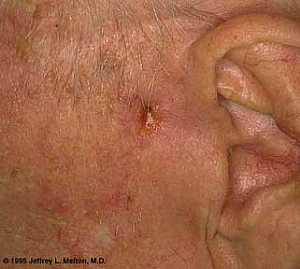 Basal Cell Carcinoma ("Rodent Ulcer" Type)
Basal Cell Carcinoma ("Rodent Ulcer" Type)
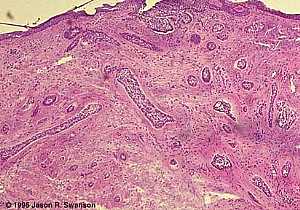 Basal Cell Carcinoma (Histology-Morpheaform Type)
Basal Cell Carcinoma (Histology-Morpheaform Type)
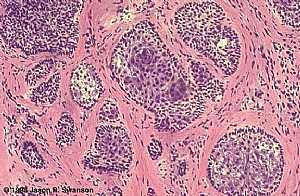 Basal Cell Carcinoma (Histology-Nodular Type - High power)
Basal Cell Carcinoma (Histology-Nodular Type - High power)
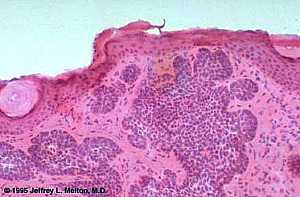 Basal Cell Carcinoma (Histology-Nodular Type- High power)
Basal Cell Carcinoma (Histology-Nodular Type- High power)
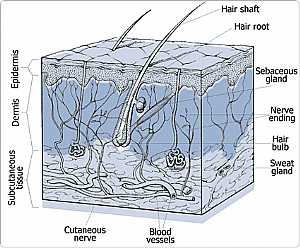 Skin
Skin
 Nervous System -- Basic
Nervous System -- Basic
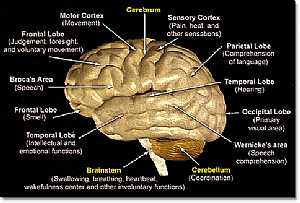 Brain anatomy
Brain anatomy
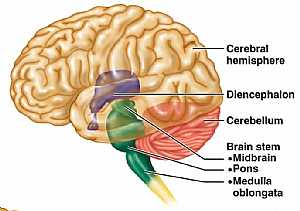 Brain anatomy
Brain anatomy
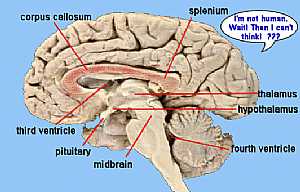 Brain anatomy
Brain anatomy
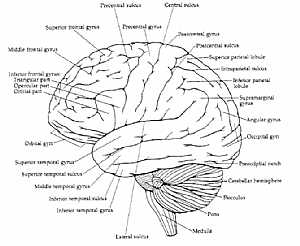 Brain anatomy
Brain anatomy
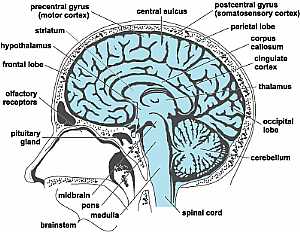 Head anatomy
Head anatomy
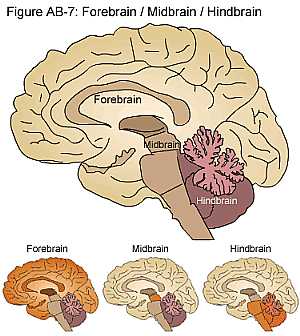 Brain anatomy
Brain anatomy
eDoctorOnline.com does not provide medical advice, diagnosis or treatment.
© Copyright 2001-2022 eDoctorOnline.com
© Copyright 2001-2022 eDoctorOnline.com

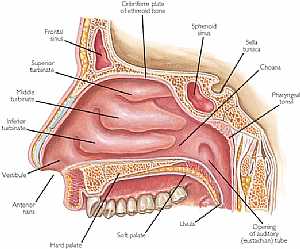 Nose anatomy
Nose anatomy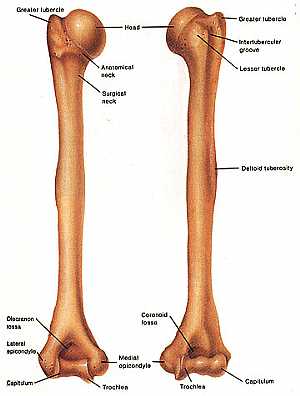 Humerus bone
Humerus bone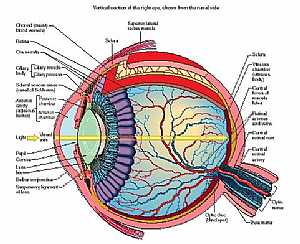 Eye anatomy
Eye anatomy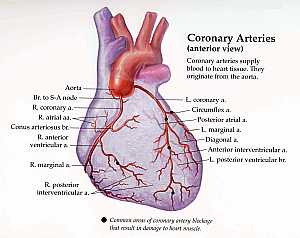 Coronary arteries anatomy
Coronary arteries anatomy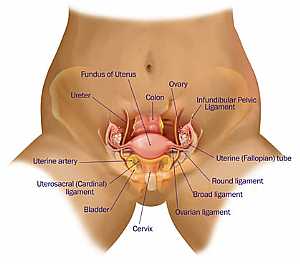 Female pelvic anatomy
Female pelvic anatomy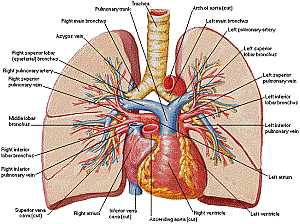 Heart and lung anatomy
Heart and lung anatomy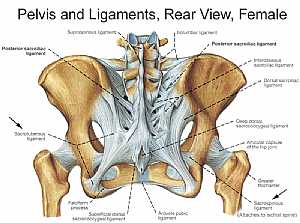 Bones and ligaments of the FEMALE Pelvis
Bones and ligaments of the FEMALE Pelvis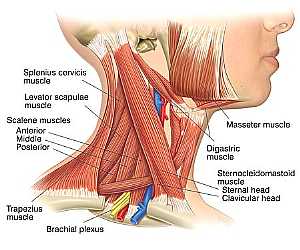 Neck Anatomy
Neck Anatomy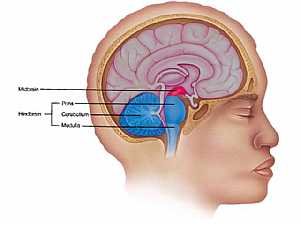 MidBrain anatomy
MidBrain anatomy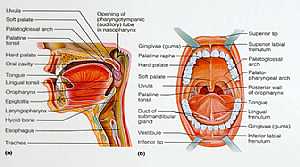 Oral Cavity
Oral Cavity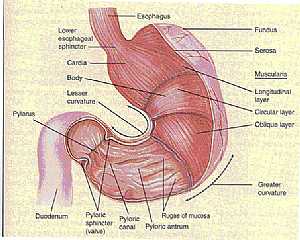 Stomach anatomy
Stomach anatomy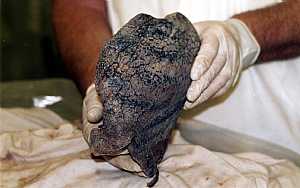 Lung anatomy
Lung anatomy Basal Cell Carcinoma ("Rodent Ulcer" Type)
Basal Cell Carcinoma ("Rodent Ulcer" Type) Basal Cell Carcinoma (Histology-Morpheaform Type)
Basal Cell Carcinoma (Histology-Morpheaform Type) Basal Cell Carcinoma (Histology-Nodular Type - High power)
Basal Cell Carcinoma (Histology-Nodular Type - High power) Basal Cell Carcinoma (Histology-Nodular Type- High power)
Basal Cell Carcinoma (Histology-Nodular Type- High power) Skin
Skin Nervous System -- Basic
Nervous System -- Basic Brain anatomy
Brain anatomy Brain anatomy
Brain anatomy Brain anatomy
Brain anatomy Brain anatomy
Brain anatomy Head anatomy
Head anatomy Brain anatomy
Brain anatomy
Be the first one to comment on this article!